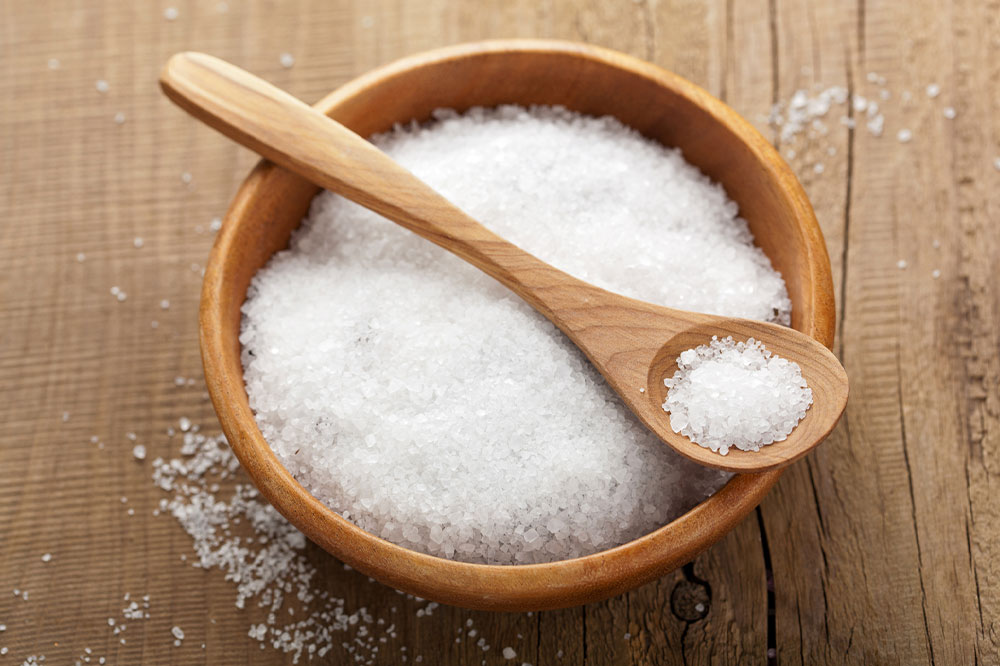
5 common habits that degrade healthy bones
Bone generation is an ongoing process. The human body constantly creates new bones to maintain a strong skeletal structure. As a person ages, the process of maintaining healthy bone structure slows down and can begin as early as the 20s or 30s, resulting in a loss of bone density. Unhealthy lifestyle choices and nutrition mistakes can accelerate this process, leading to premature bone loss. Read on to learn more about unhealthy habits to avoid for healthy bones.
Eating unhealthy foods
Excessive salt consumption harms the bones because the processed salt found in chips, fried foods, and fried snacks forces the body to lose calcium faster than it can be replenished. Also, drinking beverages that are rich in refined sugars, preservatives, artificial coloring, and additives all impact bone health. Flavored sodas, packaged fruit juices, and carbonated beverages are unhealthy food choices that trigger calcium loss, thus weakening the bones. Daily nutrition directly impacts bone health, especially the vital joints for mobility.
Leading a sedentary lifestyle
Sitting for hours on end and not being proactive can also lead to bone health deterioration. Simple physical activities like walking, jogging, or lifting weights help improve bone density. However, neglecting the 30 minutes of exercise recommended by physical therapists will only increase the risk of bone loss and fractures. Also, the lack of outdoor activities reduces time spent in the sunlight to promote natural vitamin D absorption. Without this vitamin, the body cannot efficiently absorb calcium from daily foods and beverages to promote healthy bone mass and density.
Overdoing physical activities
Leading a sedentary lifestyle is harmful to one’s health. But that also does not mean one plans a rigorous workout routine that increases the risk of bone fractures and excessive wear of the joints. One must focus on exercises that strengthen the muscles to further support the bones and avoid stressing out the joints. It’s better to consider minimal-impact activities with bearable weights or focus on bodyweight exercises that help improve bone density.
Poor posture
Desk jobs can be painfully degrading for the skeletal structure. Often, one does not pay attention to one’s sitting or working posture. A bad slumped stance puts excessive pressure on the spinal cord and triggers degenerative changes in bone health. Poor posture and prolonged work hours also increase inflammation of the joints and cartilage connected to the bones. Inflammation increases the risk of bone problems like osteoarthritis. It is advisable to take frequent breaks, adjust posture, and move around to prevent spasms and bone pain from affecting daily routine.
Having a low Body Mass Index (BMI)
Grown adults must maintain a healthy BMI of 18.5 and above on average. This score is subject to one’s height and current mass. Anything lower increases the risk of bone fractures and injuries that may take longer to heal. This is a significant risk for older adults and seniors who must follow a restricted nutrition regime due to underlying health conditions.







